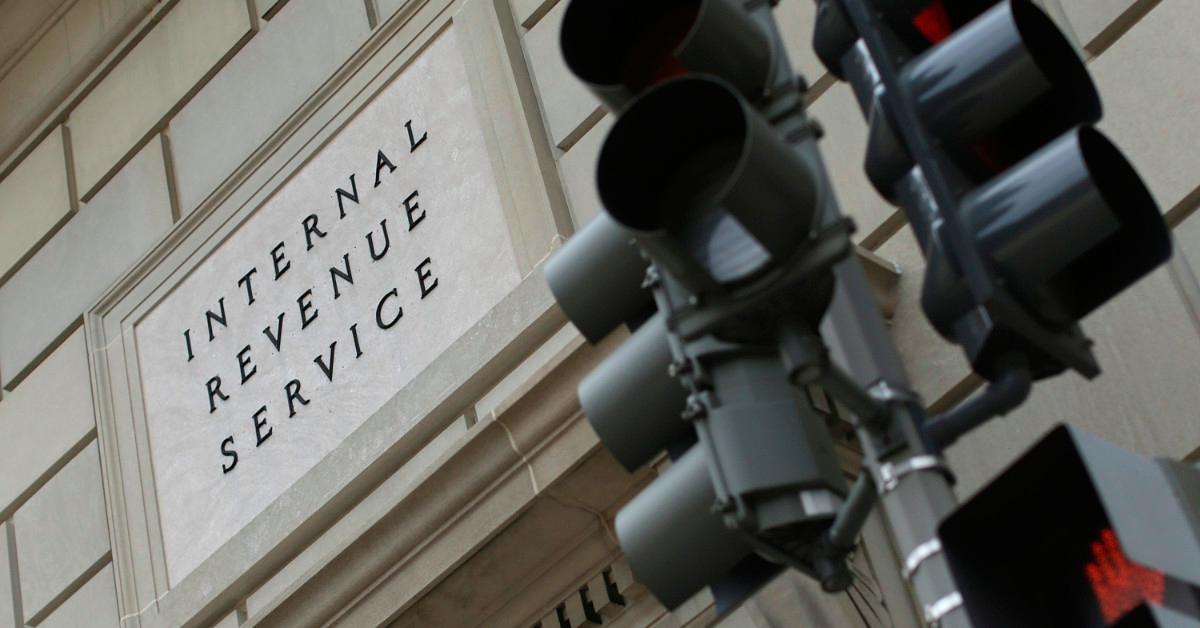Watch Out for Scam IRS Texts This Tax Season, a “Prime Period” for Identify Theft
After an increase in fake IRS texts last year, the agency is warning the American public about text scams involving unemployment or stimulus checks.
Feb. 9 2022, Published 3:24 a.m. ET

The IRS is warning Americans about scam texts and emails about unemployment claims. In fact, the agency says that if you receive an email text message on these topics from a sender claiming to be the IRS, that outreach is likely a scam, as CNBC reports.
“With filing season underway, this is a prime period for identity thieves to hit people with realistic-looking emails and texts about their tax returns and refunds,” IRS commissioner Chuck Rettig said in a news release from the agency. “Watching out for these common scams can keep people from becoming victims of identity theft and protect their sensitive personal information that can be used to file tax returns and steal refunds.”
The IRS doesn’t discuss personal tax issues through text messages
As the IRS notes, the number of fake IRS text messages increased in 2021. These scammy text messages have links to fake IRS websites or other online tools, and they might reference COVID-19 or stimulus payments. But the IRS says that, aside from its IRS Secure Access tool, it does not discuss personal tax issues over texts or over social media.

If you receive an unsolicited, suspicious, or unexpected text message claiming to be from the IRS, a state tax agency, or another entity in the tax community, do not click links or open attachments in the message, the IRS says. And if that message claims to be from the IRS or a related program, you can email a screenshot of the message to phishing@irs.gov along with the date and time (including time zone) the text message was received and the phone number to which the text message was sent.
Along the same lines, the IRS says it doesn’t request personal or financial information from taxpayers via email. These outreaches are typically initiated through postal mail. If you receive an unsolicited email message claiming to be from the IRS or a related program, send that email as an attachment to phishing@irs.gov.
Phone scams are also a threat—and scam IRS phone calls can sound threatening
It’s not just texts or emails: Scammers also call individuals by phone, with threats about arrest warrants, law enforcement activity, or even deportation. And these scammers can even fake a caller ID number to enhance the illusion.
But the IRS clarifies that neither it nor its authorized collection agencies will call you with pre-recorded or threatening messages, threaten police or law-enforcement intervention by phone, demand immediate payment over the phone, or call to ask for credit card or debit card information.
The agency asks workers to watch out for fraudulent unemployment claims
The IRS also issued a warning about unemployment fraud, asking workers to look out for unemployment claims or other benefit payments for which they never applied. If you received such a claim or payment—including unexpected debit cards or payments from any state—you may be the victim of unemployment identity theft. And you may be a victim if you get an IRS 1099-G form about unemployment benefits you didn’t apply for or didn’t receive. For more information, refer to the IRS news release.
